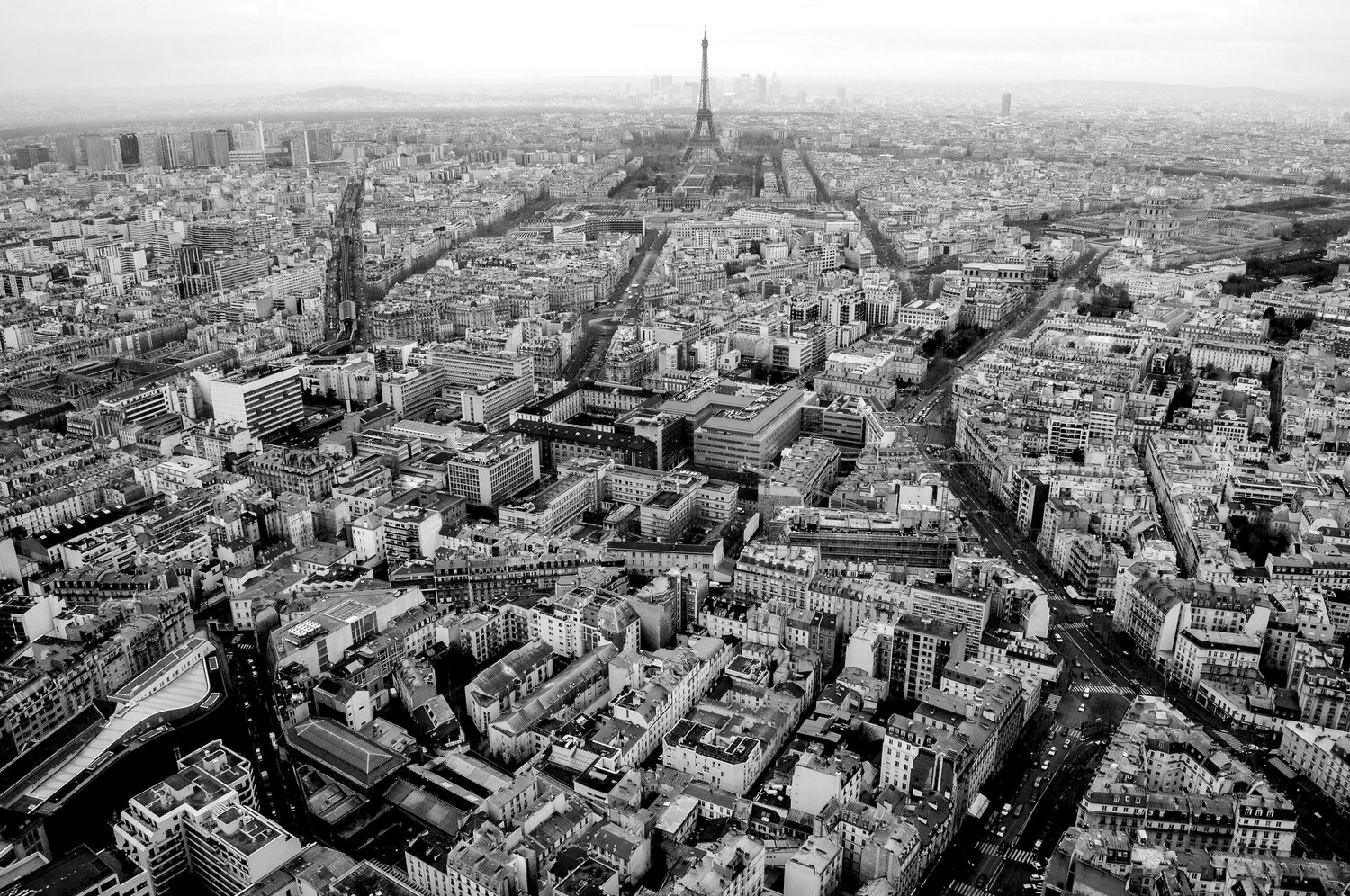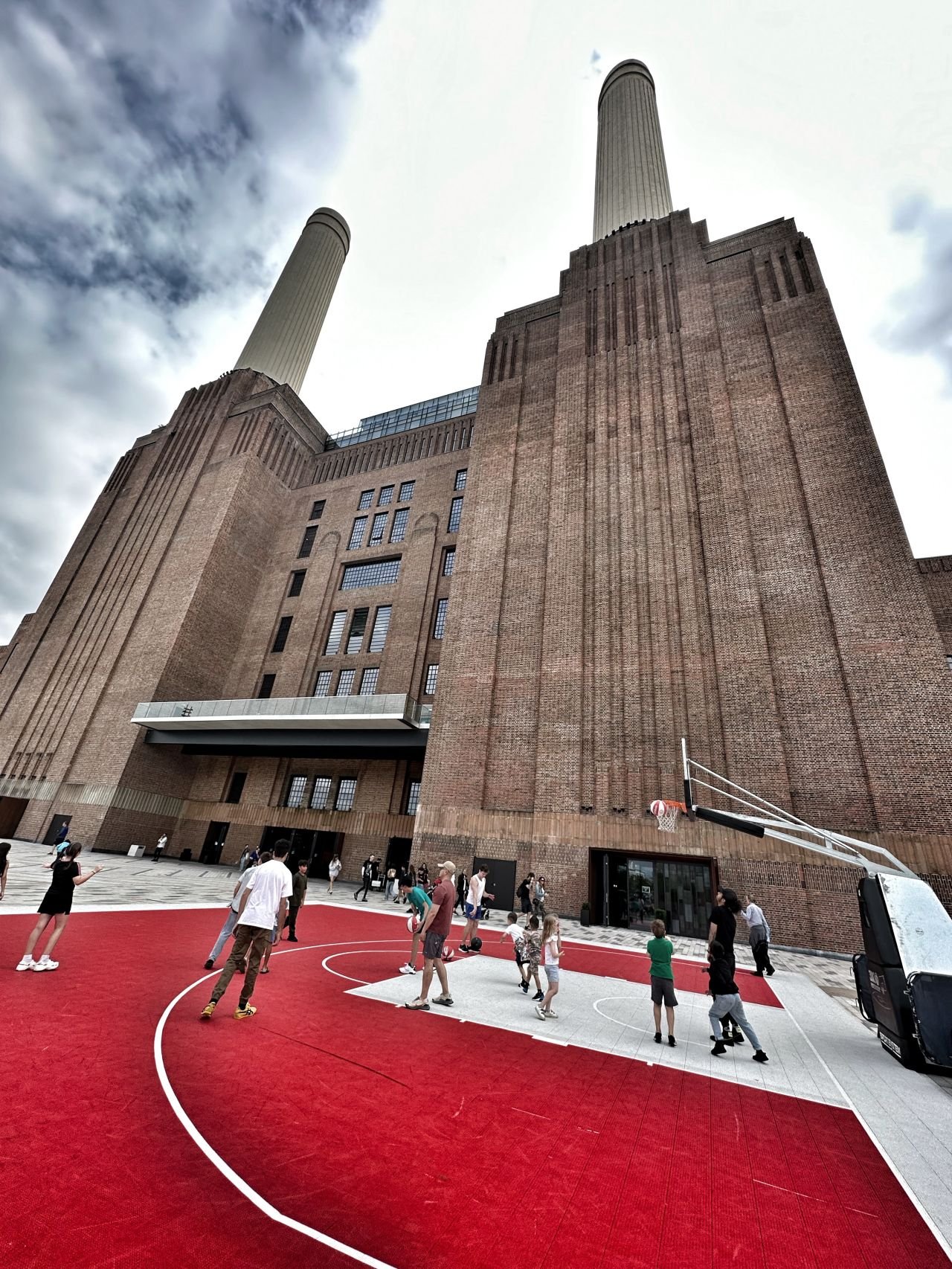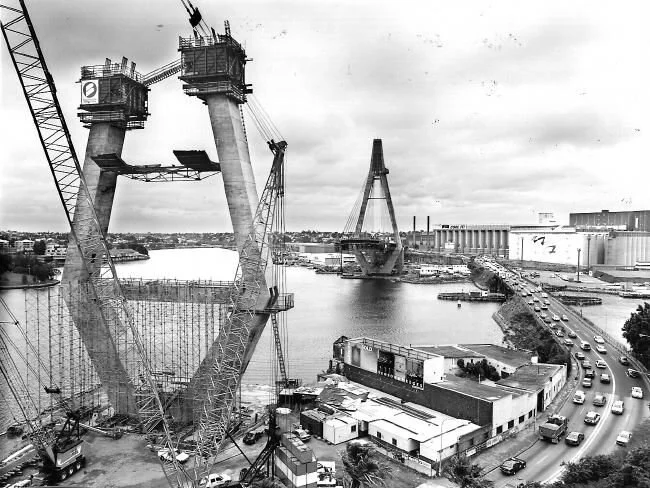"So how can you tell me you're lonely,and say for you that the sun don't shine, Let me take you by the hand and lead you through the streets of London I'll show you something to make you change your mind."
This is Gary and his dog, Prince. Gary is one of hundreds of people who will sleep on the streets of London each night this winter. If he makes enough money in a day, he may sleep in the local Shoreditch shelter.
Gary is a qualified steel worker. "I could build this entire bridge," he tells me. As we look at the railway line above, he describes the construction process behind what I see as being a fairly basic piece of infrastructure. Rivet by rivet, he describes the bridge's intricacies. There's no doubt that he knows his trade.
Physically abused as a child, Gary has developed ongoing mental illness. Moving to Israel a decade ago, he married and had a baby girl. He thought that life had improved. But while he was there he was severely beaten, which quickly sent him into severe depression. He began using a variety of drugs soon after, including heroin.
When he talks of his years of drug abuse, he begins to cry. Moving back to London his addiction became increasingly severe, and it wasn't long before he was living on the street. He completely isolated himself from his friends and family, both in the UK and in Israel.
He tells me of his brother, his Mum and his old work friends. He describes better days. But having been clean for years, today is far from his worst.
He goes on to describe the drug-use that he observes on the streets of Shoreditch. "They're everywhere," he says, "you know what a junkie looks like when you've been one. I wish I could just tell them to stop, but I can't... it's not just heroin - it's everything. Alcohol, weed, cocaine... People easily lose control."
When he tells me what he's lost, it's easy to understand the sadness that drug abuse represents in his own life. "I want to tell my daughter that I'm sorry her father was a junkie. But I can't. There's no way that they will come back to find me. After what happened, they wouldn't want to." All he has now is Prince.
Gary is no different from the rest of us. But an unfortunate series of events has meant that Gary now lives on the streets of London. Arguably these events were sparked by the childhood abuse that was far beyond his own control.
Besides the fact that Gary has no permanent address, job networks or clean clothes, the constant quiver in his voice tells me that he also has very little self-confidence. To Gary, years of physical abuse, drug abuse and mental insecurity has made employment seem like an almost unachievable prospect.
London is one of the most prosperous, welcoming and liberal cities in the world. Surely this city can offer Gary the assistance that he so desperately requires?
... Surely?
After years of declining homelessness, 2010 marked the turning point when all forms of homelessness began to rise across the UK. As the rich continue to get richer, and the poor continue to become poorer, our current government continually aims to pull money from the social welfare systems that were set up to assist people like Gary.
Is it ok that someone who has suffered so severely from abuse as a child, be so neglected as an adult?
Is it ok that 2, 200 London bankers continue to earn over £1 million pounds annually, while others sleep outside at night?
Is it ok that the rich continue to profit at the expense of the growing poor?
Gary didn't choose to be abused as a child. He didn't choose to fall into depression, turn to addiction, or leave his young daughter. He - just like you and I - didn't choose his current situation. Where he is today, is the result of the accumulation of past events.
But unlike you and I, Gary's situation allows him to see beyond some of the most petty aspects of modern society. As someone who sits outside the current economic and societal norms, he's able to quietly watch our frantic lifestyles: he observes the late-night drunken relationship breakdowns, desperate commuters running to make the morning train and the multitude of ways in which money dictates each of our lives.
On a busy saturday night, I watch as people ask Gary for directions to local bars and clubs. He happily offers them information, but never asks for money. "I'm not a beggar," he tells me.
I guess when you have nothing, it's the the very simplest things in life that hold the most meaning. Maybe it's people like Gary who we should be listening to most.
Photo by Tom Payne.











